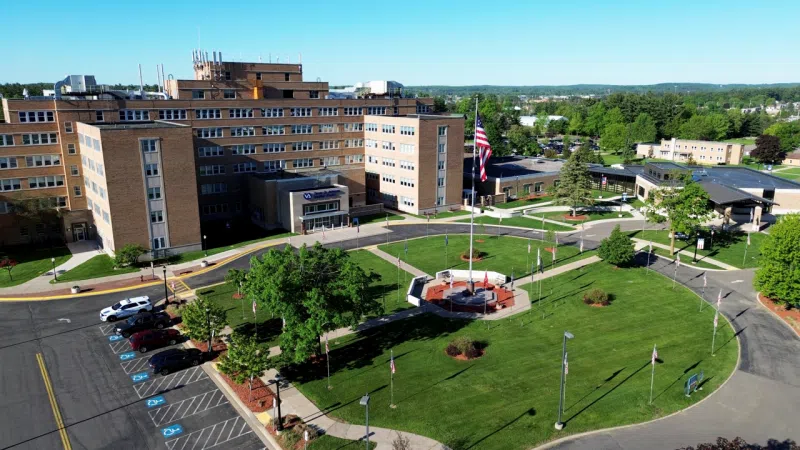To promote awareness about the frequency and health impacts of falling, Sept. 22 has been declared Falls Prevention Awareness Day in Michigan by Gov. Rick Snyder. As part of that declaration, the Michigan Department of Health and Human Services (MDHHS) is encouraging Michigan residents to learn about how to prevent falls, especially during the coming winter months.
“Falls are the leading cause of fatal injury for older adults in the state, with one out of four people age 65 and older falling each year,” said MDHHS Director Nick Lyon. “I urge Michiganders to learn about how to protect ourselves, our friends and our family members from falls through community resources designed to improve activity, energy and independence.”
Fall-related deaths are on the rise in Michigan. Falls are also the leading cause of traumatic brain injuries and injury-related hospitalizations for the senior population. Falls resulted in 804 deaths in 2015 for people aged 65 and older in Michigan, and 15,689 people of this same age group were hospitalized from fall-related injuries.
In 2015, medical costs for falls totaled more than $50 billion in the United States. These costs do not account for the long-term effects of injuries sustained by falling, including disability, dependence on others and lost time from work and household duties.
To help combat this issue, MDHHS Aging and Adults Services Agency (AASA) is partnering with the Area Agencies on Aging Association of Michigan (4AM) and the Brain Injury Association of Michigan to encourage residents to learn about and use community resources and programs designed to improve activity, energy and independence.
A combination of interventions can significantly reduce falls. Experts recommend a physical activity regimen with balance, strength training and flexibility components; consulting with a health professional about getting a fall risk assessment; having medications reviewed periodically; getting eyes and hearing checked annually; and making sure the home environment is safe and supportive.
Senior centers across the United States have evidence-based programs like Matter of Balanceand Tai Chi which help older adults gain strength, improve balance and increase confidence. In Michigan, Matter of Balance programs are offered at senior centers and many other locations. The eight-session class teaches participants about what can interfere with their balance, and what simple exercises they can do at home to gain strength.
“Falls and even the fear of falling can make older adults afraid to join friends and families on outings and can contribute to feelings of isolation and loneliness,” said Ryan Cowmeadow, 4AM executive director. “Thousands of older Michiganians have completed this free program, which has helped build their confidence and allowed them to be more active.”
More than 6,300 older adults in Michigan have completed this program, and benefit from an increased sense of control and fewer restrictions in their lives. Visit Michigan.gov/aging to find your local Area Agency on Aging.
For resources and tips on how to work with your clinician to prevent falls, visit the MDHHS Injury and Violence Prevention Unit webpage at Michigan.gov/injuryprevention. To locate a falls prevention classes through the Great at Any Age program, visit Greatatanyagemi.com.
Additional information is available through the National Council on Aging at Ncoa.org and the Centers for Disease Control and Prevention at Cdc.gov/HomeandRecreationalSafety/Falls/adultfalls.html






















